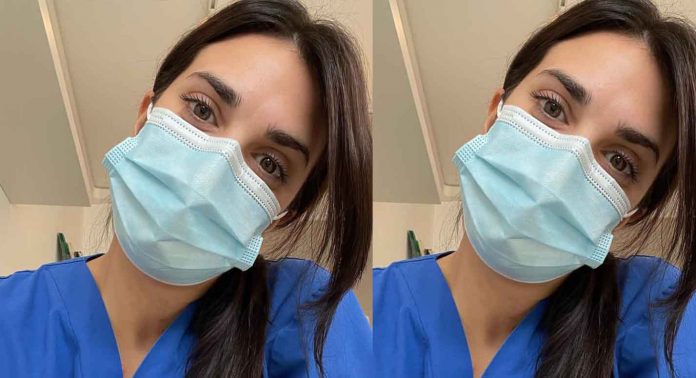Public Services International (PSI) has announced the release of Pakistan’s first online interactive documentary experience. The documentary will provide viewers with an in-depth look at the lives of the women who work in the healthcare industry in Pakistan, who are on the front lines of the fight against infectious illnesses, and who save countless lives every day.
As part of a government initiative begun in 1994, female healthcare providers serve low-income neighborhoods in both rural and urban settings. COVID-19, health education and promotion, family planning, and polio vaccine distribution are just a few areas where they have made significant contributions.
According to a press release, the documentary series will consist of eight episodes, one of which will be titled “Behind the Mask: Pakistan,” and will examine the challenges faced by healthcare personnel in that country. It details the difficulties they faced and how COVID-19 altered their lives. The episode focuses on Hassena, a female healthcare worker who, along with her colleagues, founded the All-Sindh Lady Health Workers and Employees Union (ASLHWEU) in an effort to improve the working conditions and wages of female healthcare workers.
In the documentary Behind the Mask: Pakistan, PSI advocates for the cancellation of debt, particularly Pakistan’s sovereign debt, as part of climate reparations; flood relief; the reinstatement of the health risk allowance for health workers; the supply of the service structure for women health professionals; and the relief of debt.
Wage and employment problems, inadequate healthcare financing, and the aftermath of the recent natural disaster have all contributed to a worsening healthcare crisis.
Workers on the front lines are having a hard time responding to the immediate problem of injured and displaced people while also dealing with the development of water-borne infections and a lack of medical supplies.
